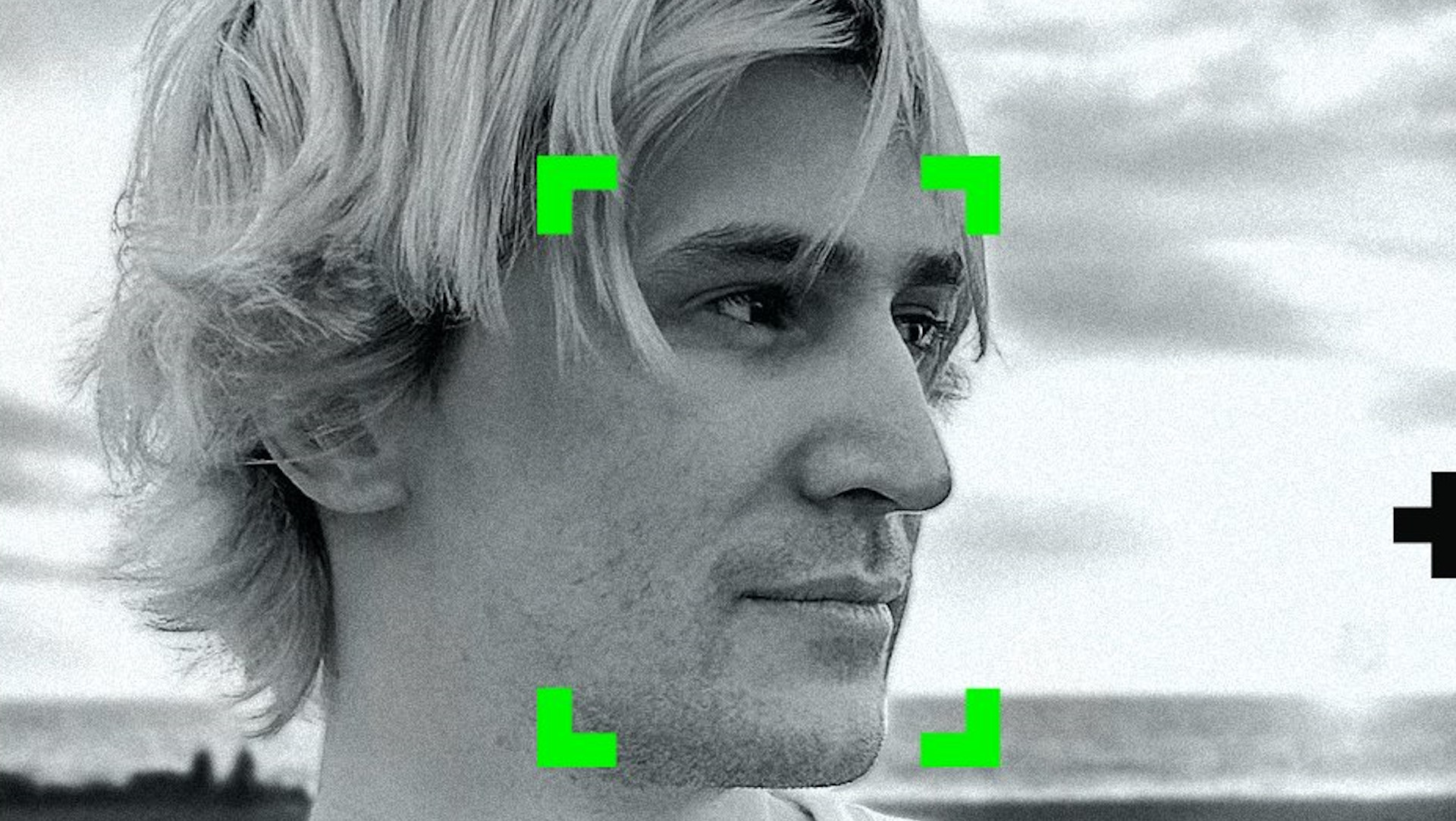After Nickmercs reveals gambling is part of his new contract, xQc admits ‘everybody knows I am’ paid to gamble on-stream
"I’ve never lied once about it before."

Twitch rival Kick, backed by co-founders of the Stake gambling platform, has spent a lot of money on streamers in 2023. The biggest deal by far was a reported $100 million contract for Canadian megastar xQc in January, but it recently signed up FaZe Clan co-owner and popular Call of Duty streamer Nick "Nickmercs" Kolcheff for an eight-figure sum.
On his first-ever Kick stream last week, Nickmercs had this to say: "The first question I've been seeing is like, 'Nick, are you gonna do gambling streams?' We’re gonna do some gambling for sure. It’s part of the contract, y'know."
Confusingly, Kick's head of partnerships then denied Nickmercs' contract contained any gambling clause, but the devil's in the detail. Esports reporter Jake Lucky later clarified that we were dealing with some very fine definitions here: Nickmercs has a Stake contract as well as a Kick contract.
Nickmercs basically confirmed what many had suspected: that Stake is throwing money at streamers to promote gambling via Kick. Kick's status as one of the few streaming platforms to have built any audience in the face of Twitch is key here, because last year Twitch took action following community concerns about an increasing prevalence of gambling streams on the platform. Given Twitch's young audience in particular, the Amazon-owned streaming platform simply banned most of the big online gambling streams and washed its hands of a burgeoning problem.
Now Félix "xQc" Lengyel, arguably the most high-profile streamer-who-gambles and a self-confessed "addict", has admitted he is also being paid to gamble on-stream. In response to an audience member asking why he doesn't admit he's paid to gamble, xQc said: "Bro, I’ve never lied once about it before, what is up with this guy: everyone knows I am."
Earlier in the stream xQc had taken a few shots at Nickmercs, which is par for the course but prompted the question. The streamer is a combative type and, following criticism of his tendency to gamble on-stream and its potential impact on his audience, flew off the handle in May while defending himself and retracting an earlier apology:
"Making fun of me being addicted like it's a joke," wrote xQc. "Memes flying around, public opinion clowning me for it. The minute it reflects back on them, now it's time to find victims and cry wolf. Backwards-ass people thinking that an idiot aiming to entertain (me) rips away all free will from vulnerable individuals. Get a grip of your own life before fixing mine.
Keep up to date with the most important stories and the best deals, as picked by the PC Gamer team.
"I apologised because people led me to believe there was a problem. I was wrong, there isn't any problem. Sorry for apologising."
Perhaps another concern is whether in xQc's case we're watching someone livestream their own decline. Depending on xQc's mood when streaming, his attitude towards the criticism and the nature of gambling addiction can be quite different. While discussing it with fellow streamer Pokimane earlier this year, he said "[it's] an illness. I’m ill. But you know what, I can afford to be ill. I’m lucky."
Certainly, few gambling addicts score a $100 million deal to keep doing it (and a non-exclusive one at that). Kick's focus is clear however: the top category on the homepage is "slots and casino" with just under 60,000 viewers, three times as many viewers as the next-most-popular category of "just chatting."

Rich is a games journalist with 15 years' experience, beginning his career on Edge magazine before working for a wide range of outlets, including Ars Technica, Eurogamer, GamesRadar+, Gamespot, the Guardian, IGN, the New Statesman, Polygon, and Vice. He was the editor of Kotaku UK, the UK arm of Kotaku, for three years before joining PC Gamer. He is the author of a Brief History of Video Games, a full history of the medium, which the Midwest Book Review described as "[a] must-read for serious minded game historians and curious video game connoisseurs alike."

